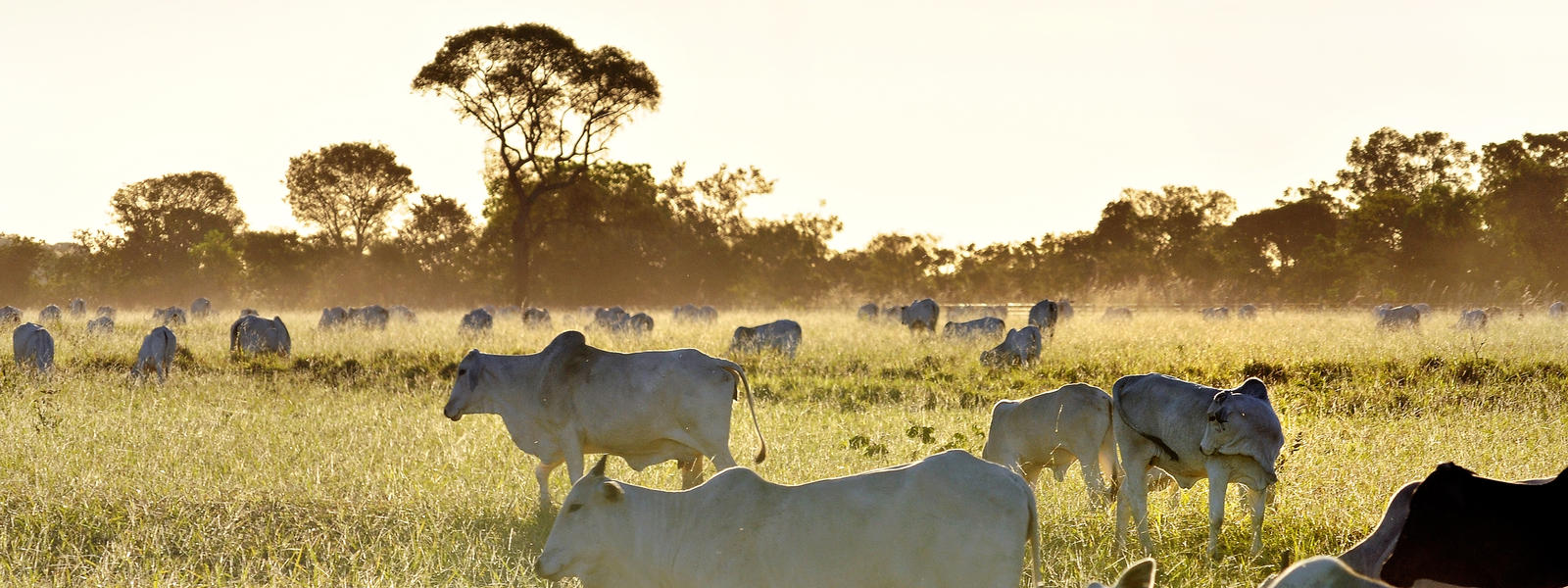Could Eating Less Meat INCREASE Greenhouse Gas Emissions?
Author: Kathy Voth
OK – We’ve all heard it. Eating less meat is better for the planet. Why? Well, there’s research showing that 1) meat production has a big carbon footprint; and 2) ruminants emit lots of methane in farts, burps and manure and this is a problem because methane is an even more potent greenhouse gas than carbon dioxide. But like most things in life, this is a complex issue, and the results of recent research indicate that at least in one region of the world, eating less meat might increase global greenhouse gas emissions.
According to research by University researchers at Scotland’s Rural College and the Brazilian Agricultural Research Corporation, reducing beef production in the Brazilian Cerrado could increase global greenhouse gas emissions. Lead researcher Rafael Silva explains the reasons this way:
“Much of Brazil’s grassland is in poor condition, leading to low beef productivity and high greenhouse gas emissions from cattle. However, increasing demand for meat provides an incentive for farmers to recover degraded pastures. This would boost the amount of carbon stored in the soil and increase cattle productivity. It would require less land for grazing and reduce deforestation, potentially lowering emissions.”
The findings published in the January issue of the journal Nature Climate Change indicate that if demand for beef is 30 per cent higher by 2030 compared with current estimates, net emissions would decrease by 10 per cent. Reducing demand by 30 per cent would lead to 9 per cent higher emissions, provided the deforestation rates are not altered by a higher demand.

